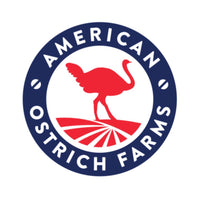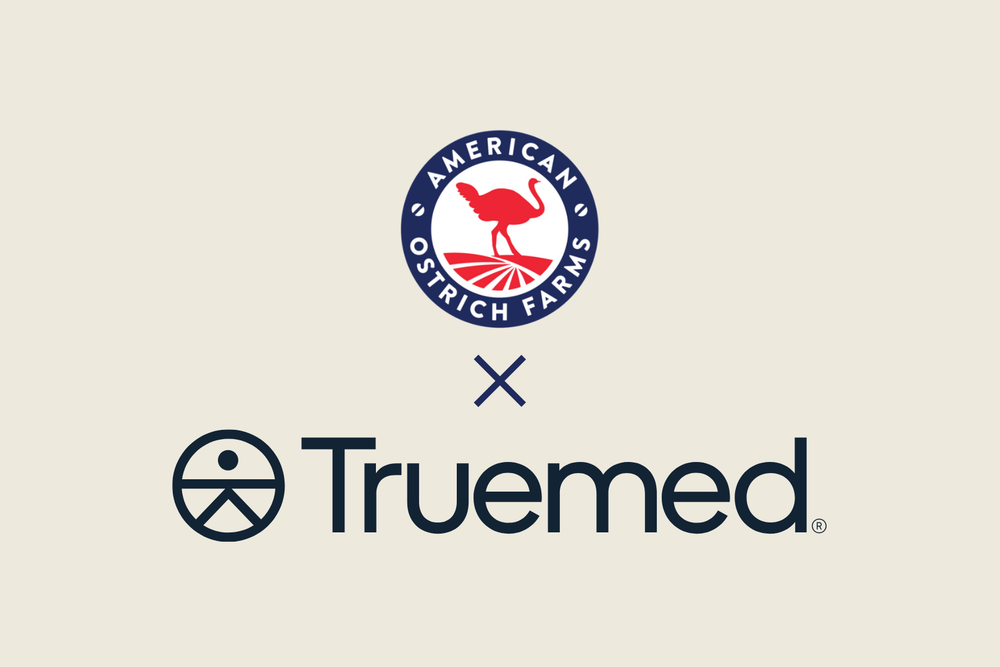Healthy skin can not only boost your self-esteem; it can also be an indication of good overall health. Considering the ever-expanding nature of the skincare market, it is more important than ever to be educated about what is available on the market and what goes into the products you use. While there are no regulations surrounding what beauty products can and cannot be labeled “natural,” the designation of “natural” typically indicates that the product only utilizes naturally occurring materials, and true natural skincare products often boast a wide array of benefits and uses that go far beyond basic skincare. However, it is important to keep in mind that a holistic skincare regimen not only involves the choice of natural skin products that work well with your skin type, but also good lifestyle choices in general, such as exercise and a healthy diet.
HYDRATE AND EAT RIGHT
A healthy diet is a vital component of an effective skincare regimen. To begin with, it is important to stay hydrated. When you are not properly hydrated, your skin cells often will not turn over as quickly as they should. This, in turn, can cause a wide range of problems, from poor elasticity to clogged pores.
There is a lot of conflicting and misleading information about proper hydration circulating nowadays. For example, the generally accepted rule that you should drink a minimum of eight cups of water a day isn’t quite true. The adequate amount of daily water intake greatly depends on the individual, and is impacted by factors such as age, activity level, and health status. According to Harvard Health, a more accurate range is at least 4-6 cups of water per day. When determining the right water intake for you, consider talking to your doctor or watching for signs of dehydration.
While moisturizers can help maintain skin hydration, it is important to not over-rely on them and to apply them correctly. Choose a moisturizer that works well with your skin, and apply it while your skin is damp, not dry, as moisturizers work by trapping moisture in the skin. Furthermore, while the efficacy of multivitamins as a method of skincare is questionable, nutrition certainly plays a significant role.
THE BEST FOODS FOR HEALTHIER SKIN
While there are many different variations of a healthy diet, the following foods are thought to be particularly beneficial to the health of your skin:
- Leafy greens;
- Tomatoes;
- Berries;
- Beans and lentils;
- Peas;
- Fatty fish;
- Nuts;
- Yellow and orange fruits and vegetables;
- Foods rich in vitamin C; and
- Foods rich in vitamin E.
It is important to note that it is better to focus on an overall healthy and balanced, sustainable diet rather than focusing on specific foods in hopes of improving skin health. Overall good health has a strong connection to the health of your skin.
FOODS TO LIMIT OR AVOID
While eating a certain food in moderation is unlikely to be the downfall of a skincare routine, certain foods in excess certainly can be. For example, diets high in processed or refined sugar and diets high in other “simple” carbohydrates are thought to contribute to poor skin health. Food and drink that contribute to dehydration, such as alcohol, can also cause damage to your skin when used in excess.
WASH SMARTER, NOT HARDER
Washing too frequently or too aggressively can dehydrate and/or damage the skin. While there is no one-size-fits-all prescription for how often you should bathe, according to Harvard Health, several short showers per week with particular attention to the armpits and groin is ideal. What is right for you will depend on many factors, such as your activity level, the nature of your daily activities, and the sensitivity of your skin. Ultimately, it is better to focus on carefully choosing products, such as natural soaps and oils.
TIPS FOR FINDING NATURAL SOAPS AND SHAMPOOS
As mentioned, the designation of “natural” in beauty products is unregulated. Therefore, it is in your best interest to be aware of what ingredients to look for or avoid when looking for natural skincare and hygiene products. Beneficial natural ingredients include natural oils such as:
- Coconut oil;
- Gotu Kola;
- Green tea;
- Oatmeal;
- Shea butter;
- Soy; and
- Tea tree oil.
Meanwhile, potentially harmful ingredients include:
- Talc;
- Triclosan;
- Lead;
- Mercury;
- Phthalates;
- Parabens; and
- Formaldehyde.
It may also be to your benefit to seek out slightly more eclectic skincare products from independent retailers, such as ostrich oil soaps, which are produced sustainably and boast anti-inflammatory properties and other other high-value benefits. It is also important to note that it may be to your benefit to use different products for different areas of the body. For example, facial skin may accrue more damage than the rest of your skin, due to increased exposure to things like sunlight or makeup. Therefore, it may require a specific regimen independent of what you use for the rest of your body.
KNOW WHEN AND HOW TO EXFOLIATE
Exfoliation is a valuable component of skincare as it allows you to remove dead skin and other detritus that could clog your pores. As mentioned, it is certainly possible to over-wash your skin and that is especially true in the case of exfoliation, as the rough particles often used to scrub the skin could actually abrade it. Therefore, it is important to choose exfoliators carefully, follow the instructions provided, and not scrub too vigorously.
MOISTURIZE
How often you should moisturize also depends on a wide variety of factors. These factors include things such as skin type, washing habits, and the humidity of your environment. However, generally speaking, it is best to moisturize after you bathe or otherwise do anything that might strip your skin of its natural oils. For many people, this would amount to about twice per day. However, people with sensitive skin and/or people who live in dry climates may need to moisturize more often. You may also need to adjust your moisturizing routine based on whether you are using a lotion, an ointment, a gel, or body oil.
TIPS FOR FINDING NATURAL MOISTURIZERS
Ideally, an effective natural moisturizer should contain humectants, emollients, and occlusives. All three of these elements must be present, as they fulfill different purposes. Humectants collect moisture, emollients seal in the moisture, and occlusives prevent the loss of moisture. Highly effective natural ingredients include:
- Glycerin;
- Hyaluronic acid;
- Shea butter;
- Petrolatum.
These components are found in natural moisturizing products ranging from Vaseline to ostrich oils, and can be used to improve a variety of skin issues.
Face Masks
Face masks can complement your basic skincare routine by further cleansing your skin and allowing moisturizers to more effectively soak into your skin. It is very important to always clean your face well before using a face mask and to choose face mask products carefully. Ideally, face masks should be fragrance-free and hypoallergenic.
PROTECT YOUR SKIN
One of the most basic and important elements of a good skincare routine is to protect your skin from external damage, such as exposure to sunlight. Therefore, it is vital that you always either cover your skin or use sunscreen whenever you are going to spend time in the sun. It is also never a good idea to intentionally tan, indoors or outdoors. Sorry! In fact, according to the CDC, sun damage can occur within as little as fifteen minutes.
Stress can also have a negative impact on your skin. Therefore, again, it is important to approach skincare from a holistic perspective of your health that prioritizes things like exercise, a balanced diet, and self-care.





